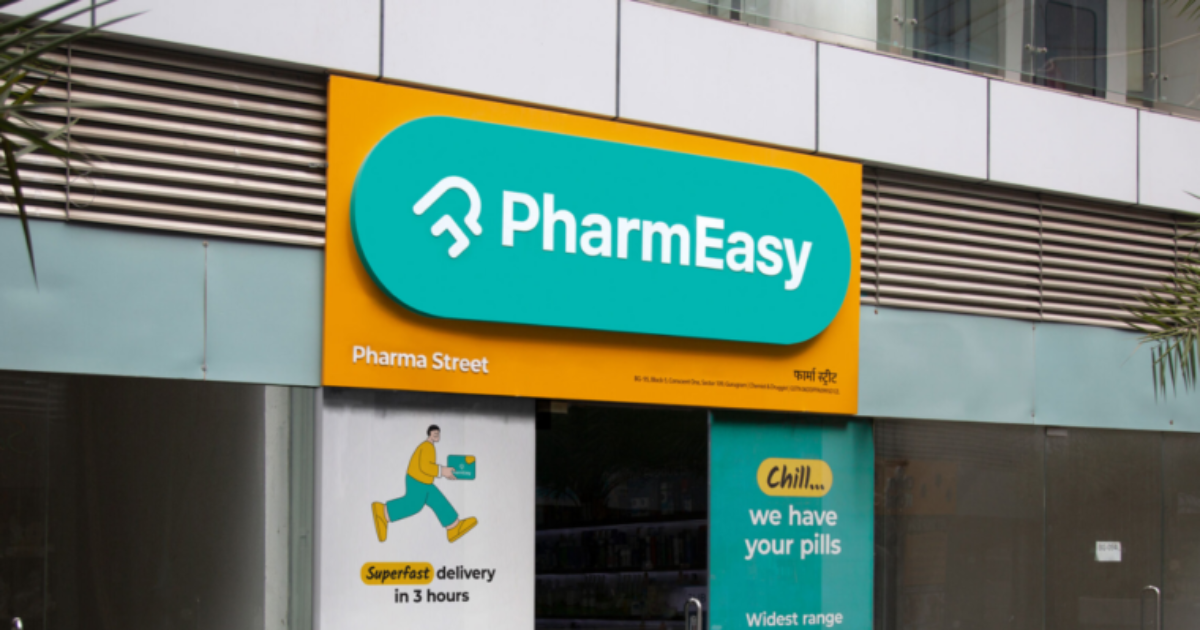Global asset management company Janus Henderson has once again reduced its stake valuation in API Holdings, the parent company of Mumbai-based online pharmacy PharmEasy.
According to regulatory filings with the US Securities and Exchange Commission (SEC), funds managed by Janus Henderson have marked the fair value of PharmEasy at $2.7 billion. This valuation is less than half of the $5.6 billion valuation the company achieved during its fundraise in October 2021.
Janus Henderson’s markdown of PharmEasy’s valuation comes after already reducing it to approximately $2.8 billion as of December 31, 2022. This adjustment follows closely behind New York-based investment firm Neuberger Berman, which also trimmed the e-pharmacy startup’s valuation to $4.4 billion.
PharmEasy previously secured a valuation of $5.6 billion during its last funding round of nearly $350 million in October 2021. The round attracted investments from notable players such as Singapore’s Amansa Capital, Blackstone-backed hedge fund ApaH Capital, Janus Henderson, and others.
The fair value markdown comes at a challenging time for PharmEasy, as reports suggest that it has violated a loan covenant in its agreement with US-based lender Goldman Sachs. The covenant stipulated that PharmEasy was required to raise an equity round of approximately INR 1,000 crore ($120 million) in accordance with its burn rate. However, the company has been unsuccessful in raising the round, even after a year of attempting and postponing its initial public offering (IPO).
PharmEasy reportedly raised INR 2,280 crore ($285 million) in debt from Goldman Sachs in August 2022 to settle a previous debt incurred for the acquisition of Thyrocare. The loan agreement is said to be a five-year arrangement with an annual interest rate of 17-18%.
While PharmEasy had planned to use the proposed IPO proceeds of INR 6,250 crore to pay off INR 2,000 crore of its debt, it has now postponed its IPO plans to 2025 and is seeking to raise equity capital.
Although several Indian startups have experienced valuation markdowns from investors recently, these adjustments do not permanently diminish a startup’s valuation. Valuation changes are often linked to internal policies and funding activities, and as long as a startup does not raise a down round, its valuation remains unchanged.



![[CITYPNG.COM]White Google Play PlayStore Logo – 1500×1500](https://startupnews.fyi/wp-content/uploads/2025/08/CITYPNG.COMWhite-Google-Play-PlayStore-Logo-1500x1500-1-630x630.png)